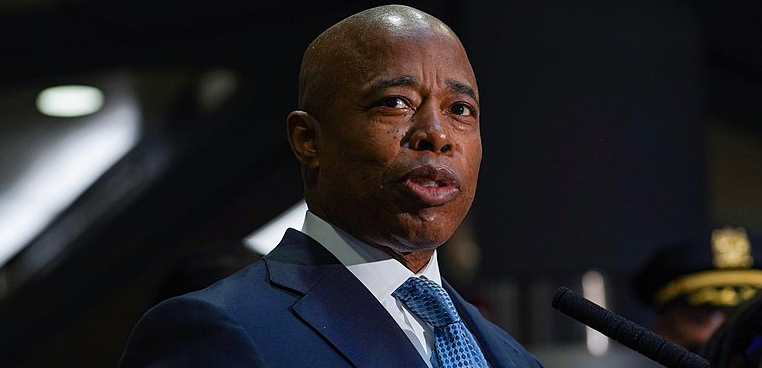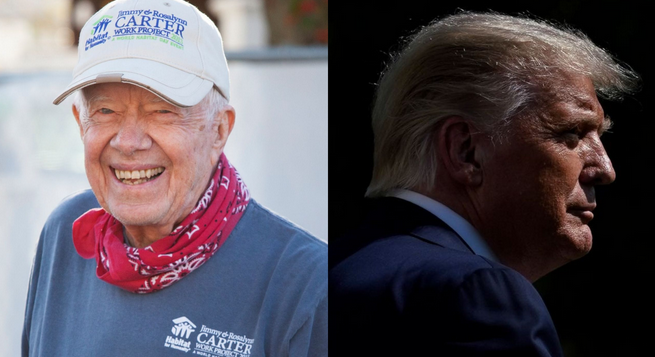Photo: YouTube
Throughout nine hearings this summer and fall, the House Select Committee to Investigate the January 6 Attack on the United States Capitol detailed an unprecedented effort to overturn the 2020 election, culminating in an assault on the seat of American government.
This investigation, one of the most consequential Congress has carried out in decades, has already facilitated a public reckoning with the attack on our nation’s democratic institutions. The committee is expected to release its final report next week. But while its work is drawing to a close, the work Congress must do to act on its findings has only just begun.
The evidentiary record assembled by the committee and other public information reveal significant vulnerabilities in our electoral system. These include intense pressure campaigns on federal and state officials to meddle in or overturn election outcomes, threats and harassment directed at election officials and workers, efforts to tamper with election infrastructure and voting equipment, vigilantism by people seeking to influence or discredit election processes, ongoing state legislative efforts to manipulate voting rules and undermine impartial election administration — typically in ways that disproportionately impact voters of color — and the continued spread of disinformation.
Against this backdrop, the 2022 midterms were encouraging. Swing state candidates who ran for governor or secretary of state on election denial platforms mostly lost, often in the primaries. Voters in those states uniformly rejected their attempts to undermine democracy. And thanks to the work of election officials, law enforcement, and civic groups, violence largely failed to materialize.
But threats remain. Election denialism — the false claim that our election system is rife with fraud and that the 2020 presidential election was fraudulently decided — is still a major force in American politics. During the election, extremist groups mobilized to challenge voters’ eligibility, surveil and intimidate those using ballot drop boxes, and threaten to disrupt vote-counting processes. Online disinformation proliferated. Attacks on election officials escalated. In some instances, local officials themselves sought to thwart election certification or undermine confidence in results. Ultimately, while election denying candidates suffered high-profile losses, many won races for offices that will play a role in overseeing future elections. And new state laws have already created additional barriers to voting, disproportionately affecting communities of color, and made it easier for partisans to interfere in election administration, often based on the same falsehoods that drove the effort to overturn the 2020 result.
Congress must prevent these threats from undermining future elections.
Read more: https://www.brennancenter.org/our-work/research-reports/lessons-our-elections-january-6-hearings








